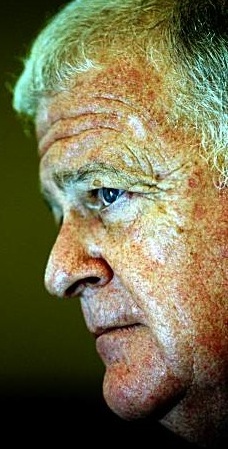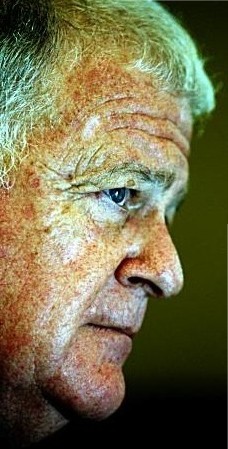By Cecily Burt
Oakland Tribune
September 30, 2010
OAKLAND -- The hopes of two mayoral candidates to get the City Council to tighten rules on campaign finance spending before the Nov. 2 election ended Thursday when the council's rules committee refused their request.
Candidates Jean Quan and Rebecca Kaplan, both of them council members, raised the matter after the Sacramento-based Coalition for a Safer California declared in a letter dated Sept. 16 that it had spent more than $95,000 -- the threshold for independent expenditure committees -- on behalf of a candidate in the Oakland mayor's race. The committee is not required to provide a detailed accounting until Tuesday.
According to the Oakland Campaign Reform Act, once an independent expenditure committee exceeds the threshold, mayoral candidates are free to spend more than the voluntary spending limit of $379,000. But candidates must decide whether they want to risk exceeding the cap without first seeing the spending details next week.
Quan, who serves on the rules committee, and Kaplan, who does not, said that mayoral candidate Don Perata, the former state Senate leader, worked with the coalition to break the spending cap on his behalf, a charge Perata has denied.
Perata said Thursday that he has now exceeded the spending ceiling. He said he had expected some committee would break the cap, based on a similar situation four years ago. He said his legal team gave him the green light after they were sure the cap had been broken.
He said they based their decision on discussions with various officials, including the city clerk, city attorney and executive director of the Public Ethics Commission.
"(City Attorney) John Russo told me, that as far as he was concerned, the cap had been broken," Perata said. "We wanted to be on TV the first of September, but we waited almost three weeks before we went on. We were holding the line until we were sure the cap had been broken. It took two weeks."
Alex Katz, a spokesman for Russo, said his boss never said that to any candidate. And a legal opinion issued by Russo would seem to confirm that.
"What (Russo) said to everybody who has asked "... is that under the charter, the City Attorney's Office is tasked with interpreting the law and the Public Ethics Commission is tasked with enforcing local election law," Katz said. "If there is a complaint, the Public Ethics Commission can determine the facts."
Quan and Kaplan wanted the council to impose stricter reporting requirements on independent expenditure committees and the candidates who break spending limits. But the Rules Committee voted 3-1, with Quan voting no, to confirm that campaign finance complaints should be filed with the Public Ethics Commission, not the council.
Rules chairwoman Jane Brunner, the council president, had asked that the Public Ethics Commission work on revisions to the Campaign Reform Act to tighten the law and clear up any ambiguities and bring those changes back to the council after the election.
Return to top



